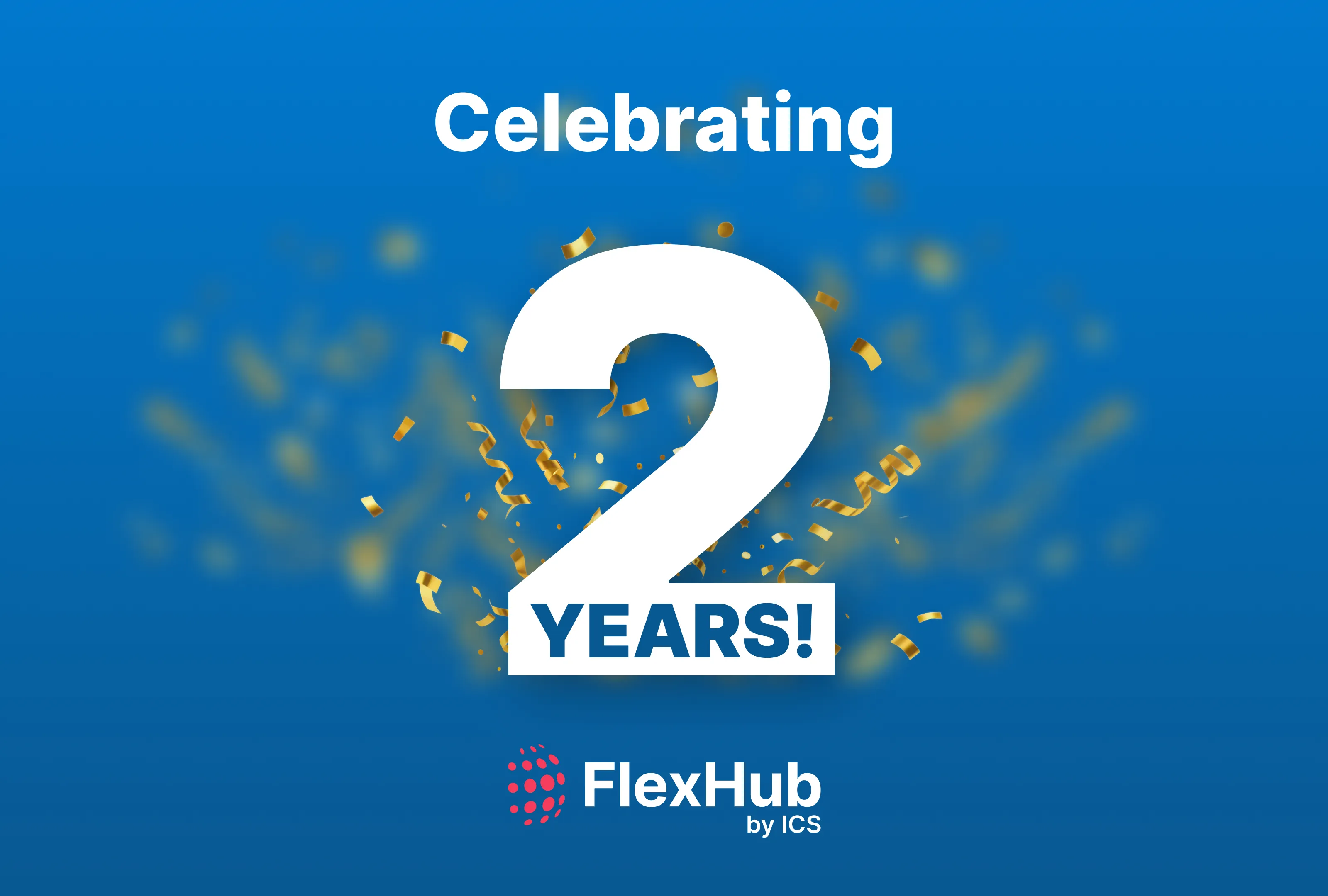World Mental Health Day: Prioritising Mental Health in a Busy Marketing Agency


In late May, my mental health took a nosedive. I have been dealing with agoraphobia, as well as a plethora of other mental health-related issues ever since.
This isn’t the first time I’ve dealt with mental health slumps: I’m a veteran, of sorts. However, this is the first time that I’ve received unwavering support from my employer.
Boy, does it make a difference!
I’m aware that I’m extremely privileged and that, sadly, employees across the country aren’t privy to the treatment I have received. This is problematic because there is clearly a need for more support in the workplace. Mental health remains a prerogative within the marketing industry, with the Alliance of Independent Agencies noting that “96% of marcomms professionals had experienced poor mental health” between June 2020 and June 2021.
I’ve been very fortunate in that I have been able to prioritise recovery in the last few months, thanks to the invaluable rally of support I’ve received from ICS-digital. Flexible working has allowed me to continue the role I love from home. Meanwhile, perks and benefits such as free EAP counselling and weekly catch-ups with compassionate line managers have enabled me to take positive, proactive steps towards learning more about prevention and management.
I’ve been dignified by the wholesome warmth of the company’s stance on mental health and I want to celebrate the fact that ICS-digital’s support has empowered me in my journey to recovery. I'm really proud of the progressive attitudes within our work culture and want to share how the community in the workplace has helped me with my recent mental health challenges.
What Makes ICS-digital Different?
From day one, literally my opening interview with ICS-digital, I announced my mental health issues matter-of-factly. It is no secret that I have always struggled with my mental health. I’m incredibly vocal about this, as I personally don’t think mental health is taboo. To me, mental illness is just as valid as a broken leg or a heart condition.
What was refreshing, from the outset, was the fact that there were already initiatives in place to support employees with mental health. In addition, I could tell from the responses of the interviewers that they were comfortable and encouraging of mental health as a discussion, which was obviously a major green flag.
Why was this so revolutionary?
Well, many employees have their mental health compounded by a lack of compassion, flexibility and general acknowledgement. In some institutions, there is no support for mental health available, despite the fact that one in four people will experience a mental health problem of some kind each year in England, according to Mind.
It’s perhaps no surprise that so many people suffer in silence or quit their roles. With no understanding of mental health and/or resources to support those struggling, companies lose out on talented workforces. According to My Possible Self, for example, “Public Health Matters recently highlighted the fact that preventative programmes provide good returns for the economy as a whole – around £2.37 for every £1 spent.”
Maybe it’s easier to accomodate physical disabilities as opposed to invisible illnesses, due to the fact that solutions are black-and-white. Whilst, for instance, supporting an employee with a broken ankle is possible through adjustments within an office space, it’s perhaps not understood or as commonly practised to make adjustments within the workspace for mental health and/or neurodiversity needs.
On the plus side, the tide is changing as NHS waiting lists grow, but progress is slow and more certainly needs to be done to ensure that we support those struggling within the workplace.
There are a number of things that have really helped me during my time at ICS-digital and I strongly advocate for other companies to take heed. As an employee, I am definitely the beneficiary of exemplary treatment and this shows that wellbeing is embedded at the heart of our culture.
Resources to Yell About!
1. Remote Working
This option has been an absolute lifesaver for me. It's not an option for me to work in the office at the moment, yet the support I've had from my line manager, the wider team, and even the directors has been phenomenal.
There's been no stigmatisation and every effort has been taken to ensure I'm included the same way I would be if I was physically in the office. A prime example of this was when my team, the Content Team, had a celebratory in-office lunch courtesy of ICS-digital.
Despite the fact that I was working from home, I was automatically included and got to partake in the ‘Deliveroo Banquet’ from the comfort of my own kitchen!
2. Regular Check-ins with Line Manager
When I first reached out to my line manager to say that I was struggling with my mental health, I was very scared.
In our contemporary society, the wellbeing of employees isn’t necessarily a priority for employers. Often, the value of an employee is dictated entirely by the rate of their productivity or the quality of their performance. There’s no consideration about how they're feeling or what they're going through: as long as targets are met and profits are made, businesses are happy.
Not at ICS-digital, though. My line manager was reassuring and compassionate from the get-go. He put my needs at the heart of the conversation and encouraged me to consider flexible working arrangements like clocking on/off at different times or breaking off from the workload for frequent rest periods.
In addition, he scheduled weekly video calls, to encourage an ongoing dialogue, and referred me to resources within the company, including the Employee Assistance Programme (EAP).
3. Employee Assistance Programme (EAP)
Available 24/7, I’ve had numerous calls with the EAP and they’ve been ridiculously efficient with their responses. They’ve talked me down in moments of crisis and really thoughtfully considered effective treatments/next steps. This has led to six free counselling sessions, registration for a free online CBT resource and also useful advice that has led to two mental health referrals.
3. Bupa Health Insurance
I’ve recently opted into this scheme and have had a really positive experience with both our internal HR as well as Bupa’s customer service. It’s a reassurance that I have an array of diagnostic services as well as treatments available via this platform, should I need them at any time.
4. Transparent Communications
People are so invested in supporting employees, all the way to the top of the company. ICS-digital wants to do everything it can to prioritise mental health. This is clear from the fact that Mental Health Awareness training has equipped staff to handle sensitive mental health issues with care and tact. The consequence is that we have a very close-knit community feel to our office in that we can support one another.
In addition, there's a real emphasis on improvement. From colleagues to HR, to the directors of the company itself, there has been a real push for any suggestions on ways they can fine-tune their support. So far I've had 0 suggestions to offer because everyone has gone above and beyond!
5. Mental Health First Aiders (MHFA) and Wellbeing Newsletters
Within our office, there are 13 Mental Health First Aiders (MHFA). These people are specially trained to respond to mental health issues in the same way that conventional first-aiders would respond to a physical injury in the office. Not only are they available during the weekdays, but also they offer up their assistance over weekends, too!
Wellbeing newsletters are regularly circulated with top tips and tricks on how to manage mental health and stress, as well as reminders on the resources available. Also, in the lead-up to events like World Mental Health Day on the 10th of October, there are schemes such as the ‘Power of Okay’ campaign. This recently launched project has given employees a platform to discuss their personal experiences with mental health. These intimate videos are being circulated internally to help empower the wider workplace community when it comes to talking about mental health.
Conclusion
I am sharing my experience because I want to remove some of the stigma associated with talking about mental health. I hope my testimony can help others to reach out and take advantage of the resources available to them!








.jpg)

